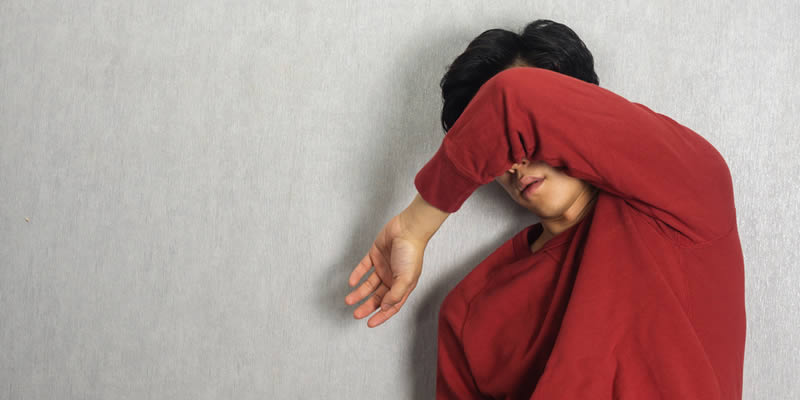A top immunologist has claimed that menstrual alterations and random vaginal bleeding after being jabbed should be examined to encourage hesitant females to get vaccinated.
Expressing her concerns in the British Medical Journal, Dr Victoria Male stated: “The body’s immune response was the likely cause, not something in the vaccines.”
More than 30,000 women have experienced menstrual complications after being vaccinated, however there is no proof that any of the vaccines negatively affect pregnancy or fertility.
- Higher viral load in lungs ‘largely responsible’ for COVID-19 deaths, study suggests
- Nine out of 10 people taking immunosuppressants produced antibodies after having COVID-19 vaccination, study shows
Increased menstrual flow, late periods and unanticipated bleeding are three side-effects that women have experienced after receiving both of the coronavirus jabs.
However, the Medicines and Healthcare products Regulatory Agency (MHRA) has debunked theories that say Covid vaccinations cause menstrual changes.
It said: “Menstrual disorders are extremely common and can be caused by many different things, and the number of women affected are low.”
Some women also experienced changes to their menstrual cycle after being infected with Covid-19 and Long COVID.
Dr Male thinks “robust research” is vital as it will help defy any fake news about coronavirus vaccinations.
She said: “Vaccine hesitancy among young women is largely driven by false claims that Covid-19 vaccines could harm their chances of future pregnancy.
“Failing to thoroughly investigate reports of menstrual changes after vaccination is likely to fuel these fears.”
She added: “If a link between vaccination and menstrual changes is confirmed, this information will allow people to plan for potentially altered cycles.”
Additional vaccines, such as human papillomavirus, have also been associated with the same symptoms, but scientists are yet to find out why they impact periods.
- Long COVID triggered by blood clots, experts suggest
- Study highlights “very serious difference” in how effective different types of masks are in reducing the spread of COVID-19
According to academics, vaccines may affect the immune system by triggering a change in hormones that control periods.
In addition, they have predicted that periods could be impacted by immune cells operating inversely in the inside layer of the uterus.
However, scientists have remained certain that fertility is not affected by the vaccines.
Vice-president of the Royal College of Obstetricians and Gynaecologists (RCOG) said: “There is no evidence to suggest that these temporary changes will have any impact on a person’s future fertility, or their ability to have children.
The RCOG have said: “Vaccination is the “best protection” against coronavirus, especially if planning a pregnancy, because unvaccinated pregnant women are at higher risk of becoming seriously ill from Covid than other women of the same age.”






